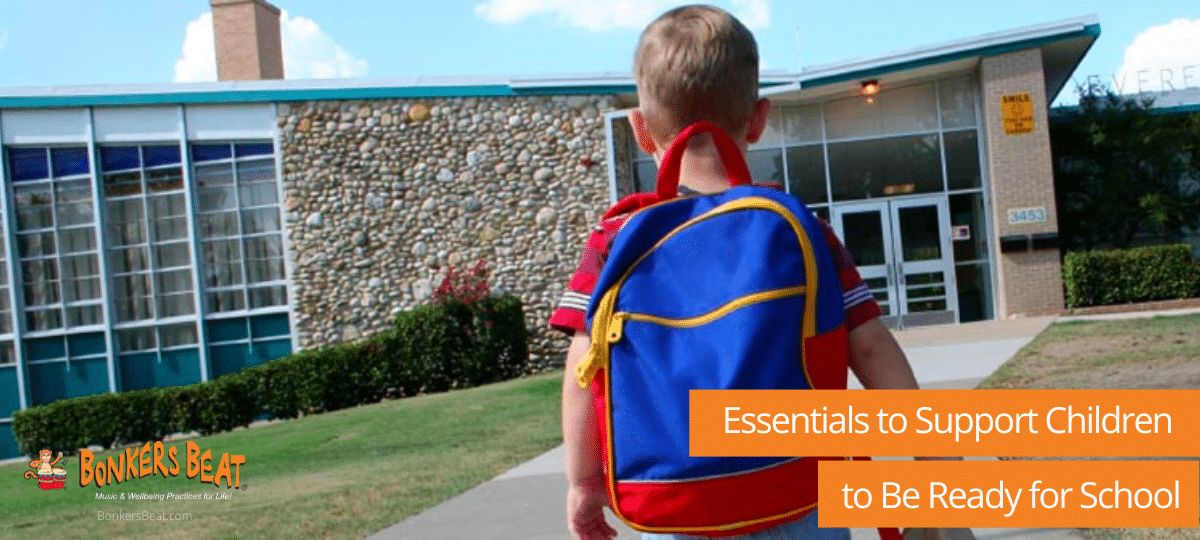As the end of the year approaches, many kinder-aged children are beginning to look toward saying goodbye to their early childhood education and moving into their first year of formal schooling.
For some children and families this is a very exciting time, exploring uniforms and familiarising with a new environment. It should be noted that for others it can be a time of uncertainty or confusion, especially children, families or educators unsure of whether a child is school-ready.
Early childhood expert Kathy Walker from Early Life Foundations identifies 7 key areas of social and emotional maturity that should be reviewed for each child when considering their school readiness.
Kathy’s fact sheet advises to ask, does a child:
- Separate easily from parent / carer at preschool drop off
- Independently make a decision of where they are going to work / play
- Self initiate, engage and sustain engagement (6 – 8 minutes), have the skills to solve basic problems and ask for help from the educator if needed
- Work and play beside other children
- Have basic independence skills (able to put shoes and socks on, art smock on, toileting independently)
- Sit with the group (e.g. mat time) and remain focused, ask questions and answer questions from the educator
- Self regulate their emotional response when they need to do something they don’t want to (e.g. don’t have a tantrum when it is time to pack up)
[Take a look at the Kathy Walker Early Life Foundations School Readiness Fact Sheet here]
Supporting school readiness
Many schools will put in a lot of effort to help children transition from early learning to primary schooling. However, for the best outcomes for children, school readiness must be supported by educators and families prior to school commencing.
We also spoke to a primary school Prep coordinator about what she believes children should ideally be capable of prior to starting primary school. Here are her top ten school readiness recommendations:
- Take care of their belongings, including books and uniform
- Put things away when they are no longer being used
- Pack their lunch box with various compartments for different items
- Use the bathroom independently and confidently
- Tie their own shoelaces
- Write their own name
- Recite the alphabet
- Count from one to ten, and from ten to one
- Be confident with zips, buttons and velcro
- Listen and focus
School readiness is more than just age
A child’s readiness to attend primary school could impact their schooling for years to come, so making an informed decision now is crucial.
School readiness isn’t just about being ‘allowed’ to start school based on a child’s birthday. Keep in mind that Australia’s school entry age is among the lowest in the world, with some of the most impressive educational systems holding off until 6 or 7 years old.
Each child is unique and special and should be assessed for their readiness to start school based on their individual capabilities. This is so they can thrive at school long-term, have the best chance to get the most out of primary school, and feel good about themselves from the beginning.
Remember, you can check out Kathy Walker’s school readiness guide here – a valuable resource.





